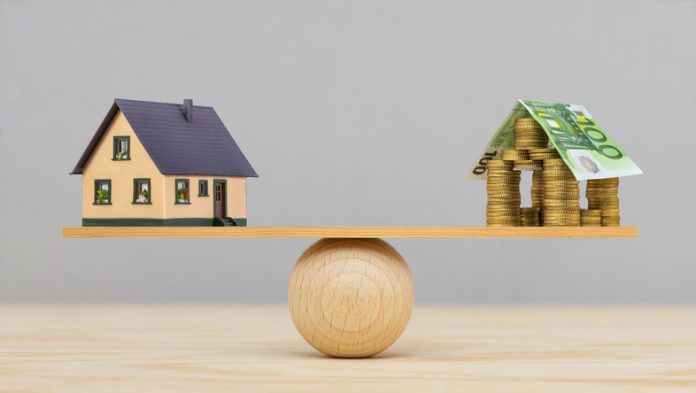When it comes to property whether it’s residential or commercial there are many factors to take into account if you are wanting to purchase/rent or sell the property.
Therefore, understanding that an everyday individual will not know the ins/outs of the property market and that’s where we come in. An independent property valuer, an expert in the field of property. A valuer is someone that will be appointed to conduct a valuation of a property to establish the true market value of that property, as well as taking other factors into account.
There are 5 main methods that can be used in a property valuation
- The comparison
- Profits
- Residual
- Contractors
- And investment
A property valuer can use one or more of these methods when calculating the true value depending on the type of property; commercial or residential.
Comparison Method
The most commonly used method, the comparison method is applied to value the most common property types, such as houses, shops, offices, and standard warehouses within the area, there should be multiple, recent letting/sales of properties that the valuer can compare to, ideally within a stable market.
With a specialised report taking the best comparable factors that have been selected and analysed by a professional. Thereafter, adjustments can be made for their difference, so an estimate of the market value is established.
Profits Method
A profits method can be applied, if no comparable rental/sale transaction is available. Commonly used for pubs, hotels, and nursing homes where a business property’s results will have a lack of comparable variables. Estimating the gross profits of the business, and then deducting any work expenses made, excluding any rental payments. With this calculation we have an amount of capital to be shared between tenant and landlord, known as the divisible balance.
Residual Method
A method that is used to value property that has development potential or vacant land that’s current use is being changed to something more profitable. This method more often than not can be inaccurate due to the number of inputs and costs that are challenging to determine, as they have a tenancy to change over time.
When calculating the land value, one must take the gross development value and subtract that from the cost of development which will also include the developers profit. The capital that the developer can spend on the property in its undeveloped form is the residual sum amount.
Contractor’s Method
A cost method of valuation and depending on the property and situation can be used if comparative, profits, or investment method cannot be used. If a property has a specialist nature, meaning there are no market transactions occurring this method assesses all the costs of providing a modern equivalent property, this will then be adjusted to reflect the age of the subject property. Due to its unreliability, this method is often referred to as the “method of last resort.
Investment Method
Lastly, the investment method is used to determine the market value of a freehold/leasehold in property from its potential to generate future income. In other words, this method is typically used for the property’s main forms, where the tenant is providing the landlord with a return on their investment on the capital lost (purchasing the building).
Using this method to analyse the sales and letting of the property to find the revenue of the comparable property transactions. The net present value (NPV) is calculated by the profit which is then applied to the future rental income, and discounted back to the present day. This would be an indicator of the building worth as it is currently.
Understanding that various methods of valuations for a property are essential. For buyers, A property valuation can reduce the risk of purchasing a property for more than its true market value, especially if you are buying privately.
For sellers, there are multiple reasons why you would require a valuation most commonly would be to get an idea of the potential selling price, and secondly, would be to gain an understanding if there would be an opportunity to make any improvements to add value to their property. Lastly, knowing whether it would be the best time to sell now or at a later date due to the fluctuating market.
A valuation service is required in many different situations in relation to all kinds of property-related circumstances, whether you are thinking about, selling, renting, or buying a property, be sure to seek out a property valuer who is a registered member of a valuation-based institute to ensure that they will meet all requirements, and ethical standards and procedures. This will mean you are getting the right advice from a property expert who is bound by his/her professional duty.
If you require further information and understanding on what method of valuation would best suit your circumstance, be sure to contact our team of specialists for qualified advice, expert knowledge and a comprehensive valuation report that will suit your valuations requirements.
About the Author
Timothy Evans has over 20 years’ experience in residential, commercial, and industrial valuations across the Brisbane metropolitan area. His expertise in property has led him to become an authority in his field and has become an expert in larger scale commercial property and development site valuations. In addition to being one of Brisbane Property Valuer’s leading Senior Valuers, Timothy often features as a guest lecturer and keynote speaker at conferences.
Disclaimer: This article contains sponsored marketing content. It is intended for promotional purposes and should not be considered as an endorsement or recommendation by our website. Readers are encouraged to conduct their own research and exercise their own judgment before making any decisions based on the information provided in this article.




































Thanks for explaining the types of property valuations! Awesome post!